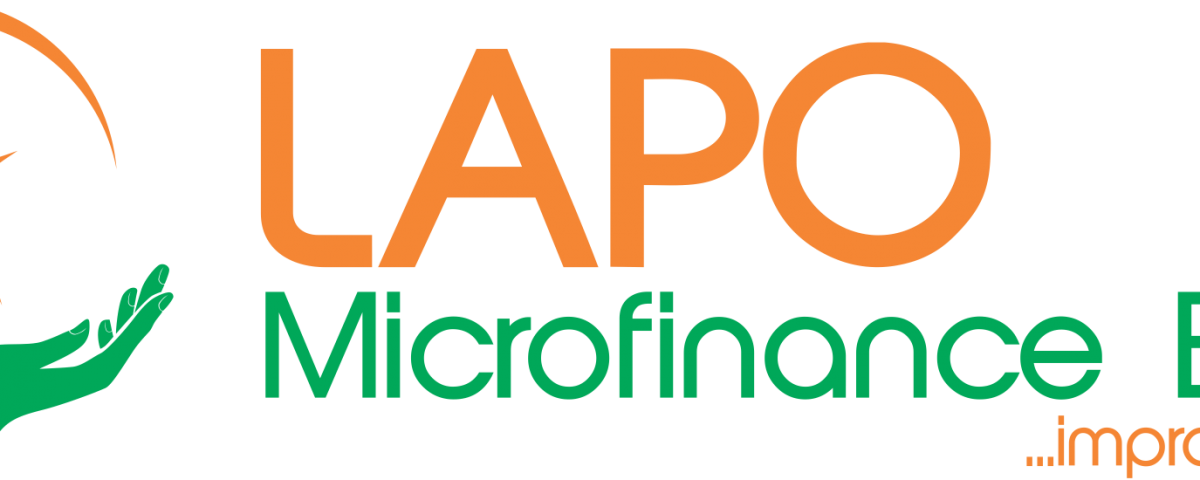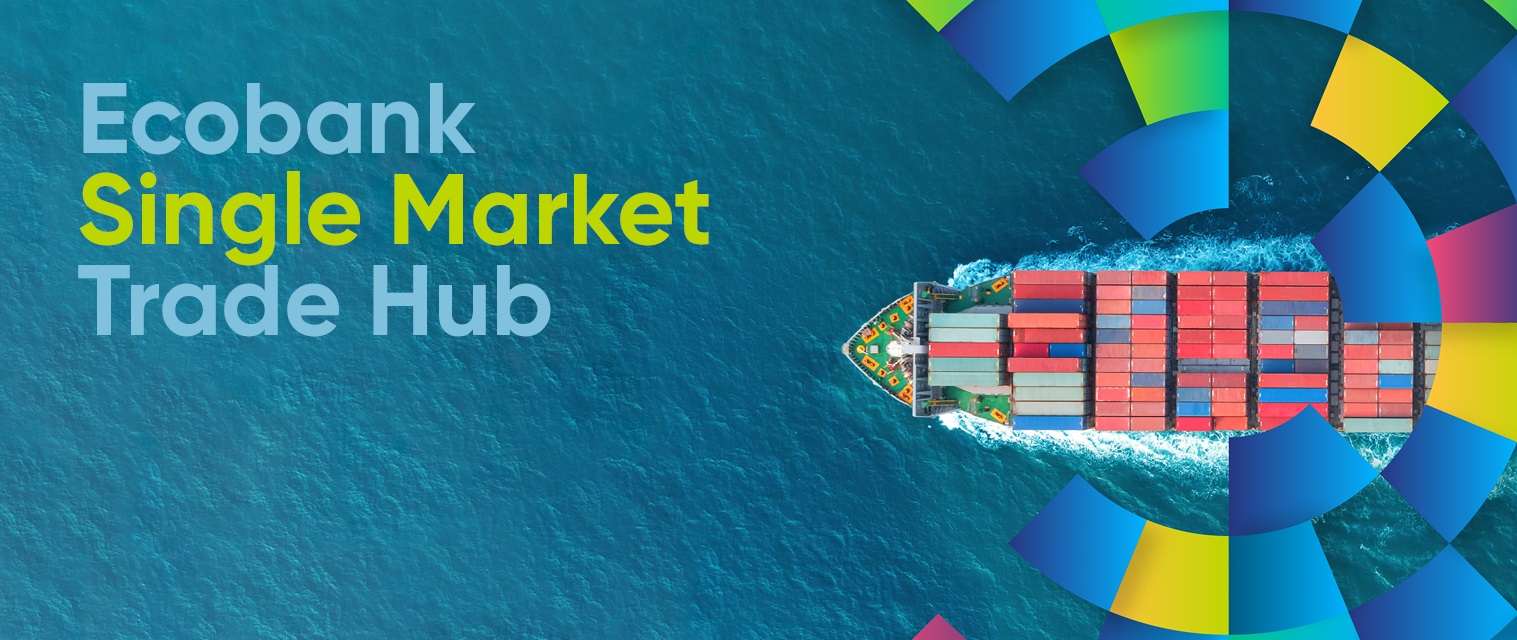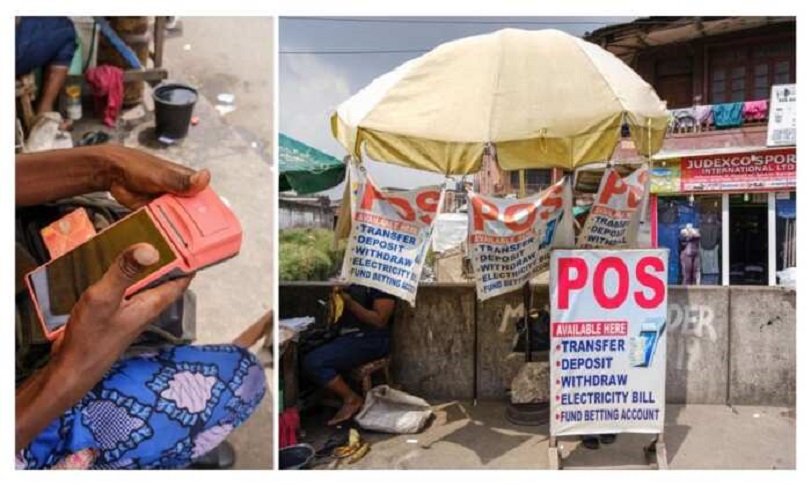Banking
CBN Announces New Capital Base for Microfinance Banks

By Dipo Olowookere
The Central Bank of Nigeria (CBN) has announced N5 billion as the minimum capital requirement for national microfinance bank in the country.
In a circular released and signed by the CBN Director of Financial Policy and Regulation Department, Mr Kevin Amugo, it was disclosed that the capital base for unit microfinance bank is N200 million, while for state microfinance bank is N1 billion.
According to the circular, “the new minimum capital requirement takes immediate effect for new applications while existing microfinance banks shall be required to FULLY comply with effect from April 01, 2020.”
The CBN explained that these new requirements became imperative as a result of the role of microfinance banks in economic growth and development.
Quoting the Microfinance Policy, Regulatory and Supervisory Framework introduced in December 2005 and revised in 2011, the apex bank explained that the key focus of the policy was, among others, to increase financial inclusion rate in the country; improve access to financial services for the active rural poor; and pursue poverty eradication.
“The microfinance banking sub-sector, in pursuit of the above objectives, had been contending with such challenges as inadequate capital base, weak corporate governance, ineffective risk management practices, dearth of requisite capacity and mission drift.
“The CBN has reviewed the state of health of the sub-sector and is of the view that microfinance banks, as presently constituted, would be unable to meet the critical targets set out in the Microfinance Policy, hence the need for specific reforms to strengthen the sub-sector and reposition microfinance banks towards improved performance,” the bankers’ bank said.
The circular said to meet the new requirements, existing microfinance banks are expected to explore the possibility of mergers and acquisitions and/or direct injection of funds.
The Revised Regulatory and Supervisory Guidelines for Microfinance Banks, Code of Corporate Governance for Microfinance Banks and sector-specific Prudential Guidelines for Microfinance Banks would be issued in due course.
Institutions that meet the capital requirements as well as demonstrate the existence of strong corporate governance in their operations would be allowed to open account at the CBN office within their state of operation. Such institutions would also be channels for micro funding activities of the CBN and the Development Bank of Nigeria.
Banking
We’re Committed to Partnerships to Drive Sustainable Growth—Access Bank

By Modupe Gbadeyanka
The chief executive of Access Bank Plc, Mr Roosevelt Ogbonna, has expressed the commitment of the company to building partnerships that drive sustainable growth.
Speaking when the lender hosted the President of Germany, Mr Frank-Walter Steinmeier, in Lagos last week, he said the organisation will always leverage its deep expertise in cross-border banking and market integration to the advantage of its customers.
“Nigeria’s position as Germany’s second-largest trading partner in Africa reflects the mutual benefits of this relationship.
“By leveraging our deep expertise in cross-border banking and market integration, Access Bank is committed to building partnerships that drive sustainable growth, innovation, and economic advancement across the continent,” Mr Ogbonna said while addressing stakeholders at a roundtable organised to welcome the German leader.
Last week, Mr Steinmeier made his first official visit to Nigeria and was welcomed by President Bola Tinubu.
President Steinmeier’s visit showcased Germany’s commitment to fostering economic partnerships in the region.
His Lagos agenda featured a landmark visit to Access Bank, as well as engagements with Nigerian startup founders and German-Nigerian business representatives to explore opportunities for trade and investment.
A central feature of the engagement at Access Bank was a business roundtable hosted by Access Bank’s leadership team and its German Desk.
The roundtable brought together German and Nigerian stakeholders, with discussions focused on two key areas: finance and energy, both of which are crucial to bolstering economic growth and innovation in the region.
President Steinmeier also received remarks from Roland Siller, CEO of DEG (German Development Bank), who elaborated on the financial synergies and products DEG provides to German and Nigerian businesses alike.
Access Bank’s German Desk, led by Sebastian Barroso da Fonseca, marked its sixth anniversary this year and has become a cornerstone for German and European businesses operating in Sub-Saharan Africa.
The Desk has provided critical support to over 100 clients, offering end-to-end financial solutions, including local funding facilitation, cash management, and seamless repatriation of funds to corporate headquarters. With operations spanning Nigeria, Angola, Ghana, South Africa, and beyond, the Desk has played an instrumental role in enabling businesses to navigate complex financial landscapes in Africa.
The engagement concluded with a Networking Reception at Access Bank’s headquarters, where delegates and stakeholders had the opportunity to engage and strengthen ties further.
Despite global challenges, Africa remains the fastest-growing economic region, with its GDP rising by 30 per cent over the past decade and average annual growth rates exceeding 5 per cent.
As a key player in the continent’s economic outlook, Nigeria continues to attract interest from global investors, and Germany has emerged as a critical economic partner in this regard.
Access Bank has strategically positioned itself as a gateway for trade and investment, leveraging its growing international footprint across 24 countries in Africa, Europe, and Asia to facilitate cross-border collaboration.
Banking
Ecobank, Afreximbank Simplify Trade, Compliance for African Businesses

By Modupe Gbadeyanka
The duo of the African Export-Import Bank (Afreximbank) and Ecobank Group has joined forces to enable African businesses to benefit from seamless shared services.
Based on the deal, the two organisations will integrate their respective platforms, the Single Market Trade Hub of Ecobank and the MANSA Digital Repository Platform of Afreximbank for smooth trade and compliance.
It was gathered that users of the Single Market Trade Hub would easily leverage MANSA’s comprehensive database for efficient know-thy-customer (KYC) and customer due diligence (CDD) checks while MANSA platform users would, in turn, be able to directly connect to the Single Market Trade Hub to explore trade opportunities to expand their businesses across Africa.
This collaboration will enable Ecobank and Afreximbank to provide a central solution to the key challenge of KYC compliance and access to business across 35 countries in Africa.
The improved interoperability is expected to further streamline cross-border trade and compliance in Africa, fostering greater financial and economic integration on the continent.
The Ecobank Single Market Trade Hub connects registered businesses across Africa on a single platform, helping them benefit from opportunities in the unified market of 1.4 billion people created by the African Continental Free Trade Agreement (AfCFTA).
It serves as a one-stop repository for the AfCFTA by providing small and medium-scale enterprises (SMEs) and corporates with insights about the agreement while its online match-making feature enables importers and exporters to upload their profiles and showcase goods and services they offer, or wish to source, with the aim of finding partners within Africa.
Once a match is found, connections are made via the platform and the transaction can be concluded by leveraging Ecobank’s trade and payment solutions in 35 African markets.
The MANSA Digital Repository Platform is a one-stop-shop for due diligence matters on all African entities.
As a centralised digital repository, MANSA seeks to eliminate information asymmetry and to increase intra-African trade and trade with the rest of the world.
It drives and promotes good governance culture among African SMEs and creates visibility for their businesses while also supporting African entities to expand, diversify and add value to their export products at both the local and international levels.
Entities onboarded unto MANSA are allotted an Africa Entity Identifier (AEI) code which enables them to leverage other Afreximbank products and initiatives.
MANSA is also a key digital solution at the Africa Trade Gateway (ATG) marketplace which houses a suite of digital platforms designed as a single window to enable Afreximbank to better deliver on its mandate, providing critical services to support and promote intra-African trade and the implementation of the AfCFTA.
The platform enables African entities to accelerate their business activities at the ATG marketplace by working with verified information on trusted counterparties.
Banking
CBN Fixes N100,000 as Maximum Daily Cash Withdrawal Via POS

By Modupe Gbadeyanka
As part of measures to promote its cashless policy, the Central Bank of Nigeria (CBN) has directed Point-of-Sale (POS) agents not to pay more than N100,000 as cash to each customer per day.
The banking sector regulator also restricted the POS operators not to pay more than N1.2 million per day as cash to customers, adding that customers may not withdraw more than N500,000 per week as cash.
To ensure accountability, the CBN has mandated that all agency banking transactions must be conducted exclusively through float accounts maintained with the principal institutions.
It also directed that agent banking services be separated from other merchant activities, with agents required to use the approved Agent Code 6010 for transactions.
In a circular dated December 17, 2024, the central bank noted these efforts are to ensure uniform operational standards, combat fraud, and enhance the use of electronic payment systems in agency banking operations.
The CBN ordered that, “All principals of agents are to comply with the following directives immediately,” in the circular signed on behalf of its Director of the Payments System Management Department, Mr Oladimeji Taiwo, and directed at Deposit Money Banks, Microfinance Banks, Mobile Money Operators, and Super-Agents.
“Issuers shall set a cash withdrawal limit (cash-out) per customer (regardless of channel) to N500,000.00 per week; Ensure that all agent banking terminals are set to a daily maximum transaction cash-out limit of N100,000.00 per customer; Ensure that each agent’s daily cumulative cash-out limit shall not exceed N1,200,000.00,” the notice added.
The central bank advised all stakeholders to adhere strictly to the directives to ensure the smooth implementation of the policy and contribute to the advancement of Nigeria’s cashless economy.
-

 Feature/OPED5 years ago
Feature/OPED5 years agoDavos was Different this year
-
Travel/Tourism8 years ago
Lagos Seals Western Lodge Hotel In Ikorodu
-

 Showbiz2 years ago
Showbiz2 years agoEstranged Lover Releases Videos of Empress Njamah Bathing
-

 Banking6 years ago
Banking6 years agoSort Codes of GTBank Branches in Nigeria
-

 Economy2 years ago
Economy2 years agoSubsidy Removal: CNG at N130 Per Litre Cheaper Than Petrol—IPMAN
-

 Banking2 years ago
Banking2 years agoFirst Bank Announces Planned Downtime
-

 Sports2 years ago
Sports2 years agoHighest Paid Nigerian Footballer – How Much Do Nigerian Footballers Earn
-

 Technology4 years ago
Technology4 years agoHow To Link Your MTN, Airtel, Glo, 9mobile Lines to NIN





















